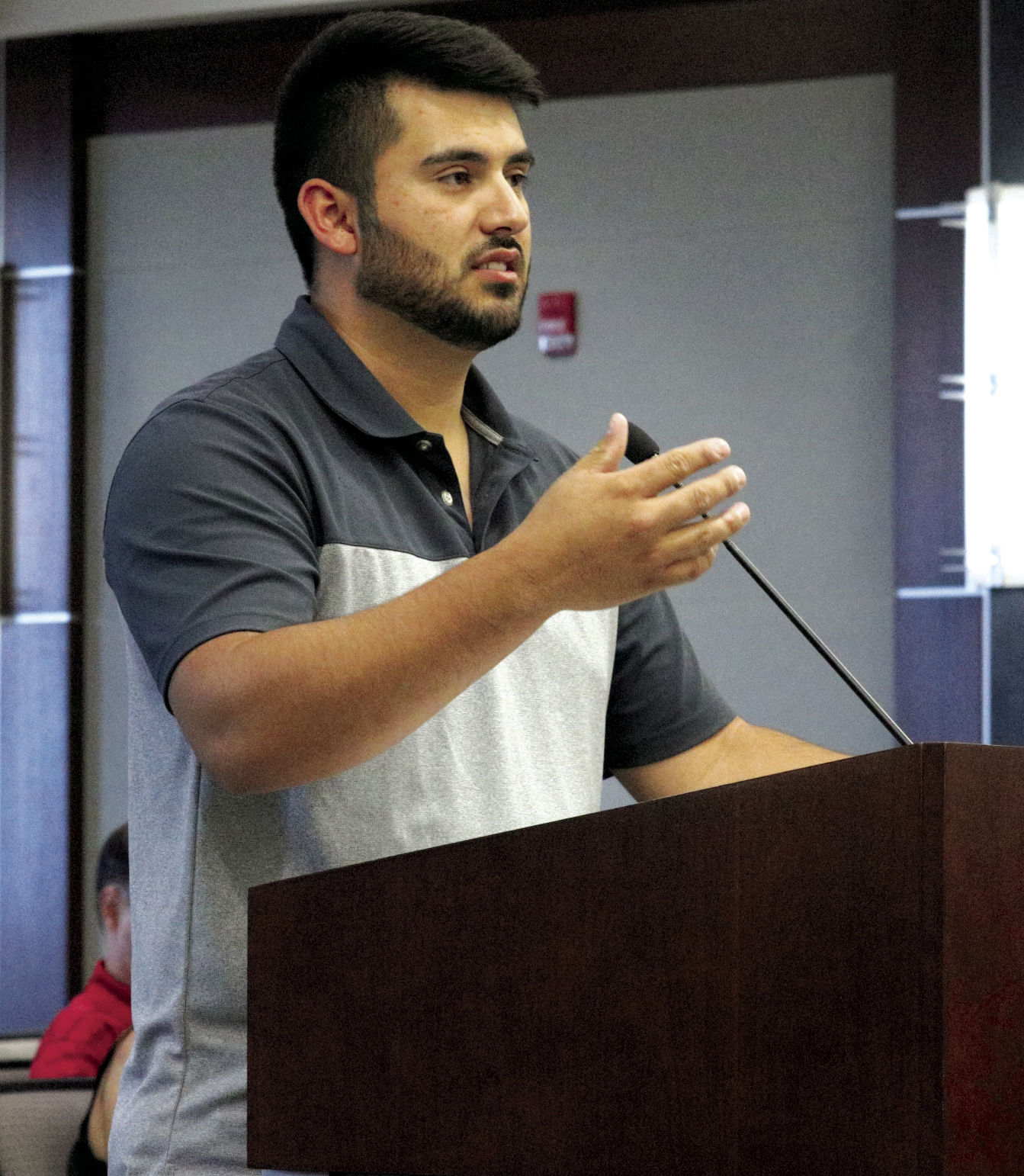Carbon County Circles, a program to help eliminate intergenerational poverty nationwide as well as in Carbon County, was introduced to two different groups of people last week, as Julie Rosier, the director of the program spoke and presented a video that showed how important it is for community members to get involved in the effort.
At the Carbon County Commission meeting on July 18, Rosier talked with the commission after they and those attending the meeting viewed a new video that featured former USU Eastern Chancellor Joe Peterson and his wife Becky. The pair were instrumental in being allies in the program before the Petersen’s retired in June and moved to St. George.
“Having people volunteer to be allies in the program is probably the most important aspect of what we are doing,” Rosier said. “Allies help those that want to rise above poverty by giving moral support, wisdom and a steady hand those involved can rely on.”
In the film the Petersen’s talked not only about the close relationship they developed with a couple they worked with, but how it rewarded them in ways they never expected. The six minute video is on line and can be viewed on the Southeastern Utah Association of Local Governments website at http://seualg.utah.gov/
Circles is part of the efforts that the CARE Coalition is pursuing and the commissioners then passed Resolution 2018-10 in support of the coalition. Jade Powell who works with SEUALG is the coordinator for the group and works with Rosier at the agency.
Then on Friday Rosier spoke at the Carbon County Chamber luncheon that took place at Castleview Hospital this month. She spent time describing to people who attended what it is like to be on the outside of things looking in because some people don’t have the soft skills that it requires to work in the middle class environment most workplaces are set in.
She said there are a lot of important factors to consider concerning people who live in intergenerational poverty, and not all of them are about money. The term she used when referring to many is that they have a lack of resources in many different areas, including the knowledge of what it takes to survive in an environment that is set around middle class language and rules. To many of the individual’s who come from intergenerational poverty, the rules of the workplace and society are hidden from them because of the environment they are accustomed to and were raised in.
At the end she asked how many people in the room are affected by poverty, and only a few raised their hand. She pointed out that poverty is everyones problem, because it impacts the community so profoundly in so many ways from higher taxes to stressed schools. People in poverty have to deal with so many challenges including fewer job opportunities, less chance for improving their educational outlook, higher rates of chemical dependency and many other factors. What many middle class people take for granted, people in poverty struggle for.
She asked that people in the group consider being allies to those that enter the program.
“The allies that work with our groups are the most important aspect of the program because they provide the support for the people that are trying to get out of their situation. We need good people to be allies for the program,” she concluded.
For those interested in learning more about the program and working to help others in need Rosier is available at 435 613 0065 or you can email her at jwalker@seualg.utah.gov.
Mentors needed for new poverty program

Jade Powell, from the Southeastern Utah Association of Local Governments, addresses Carbon County commissioners July 18 about the Circles program. Courtesy photo
